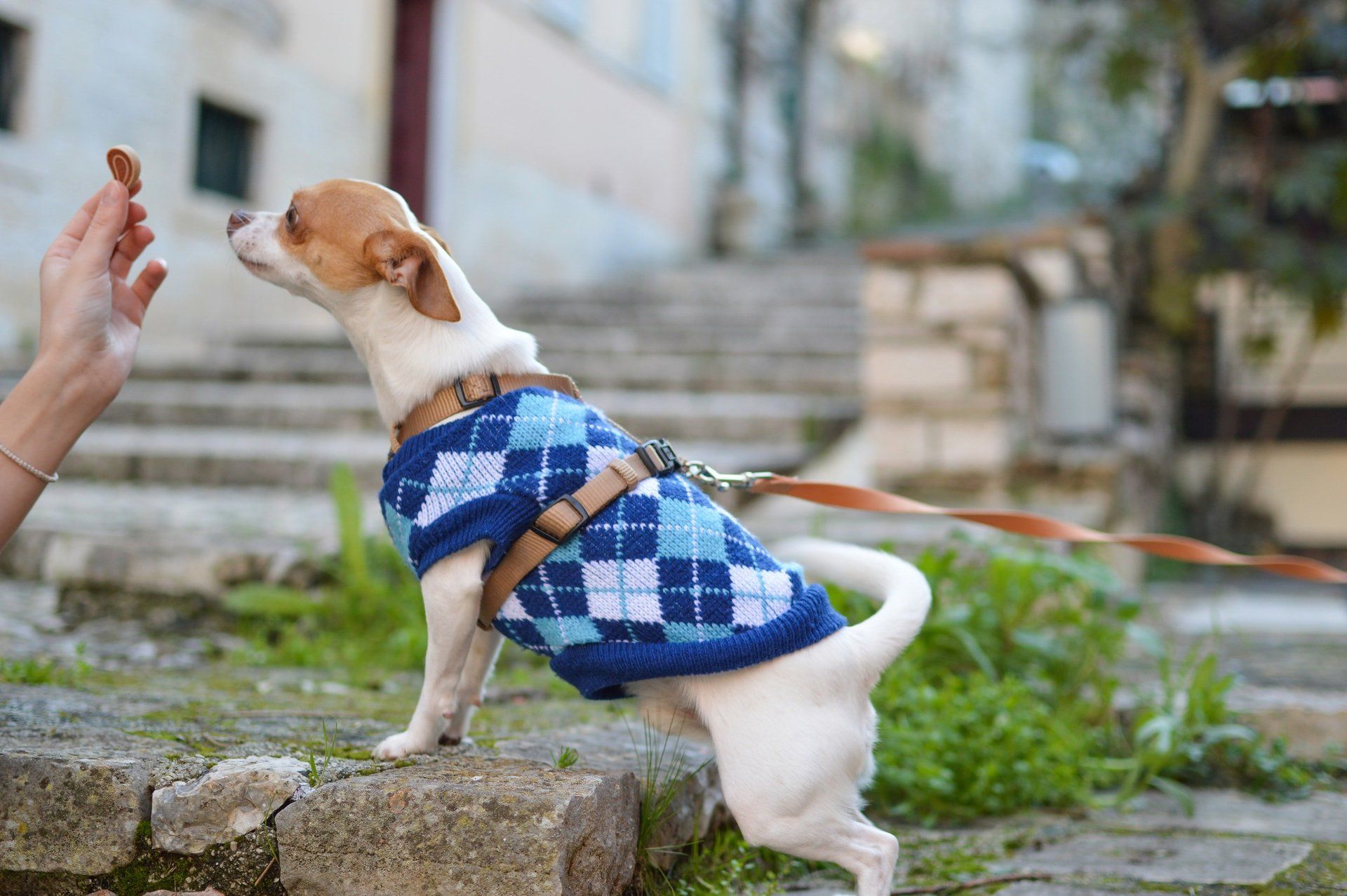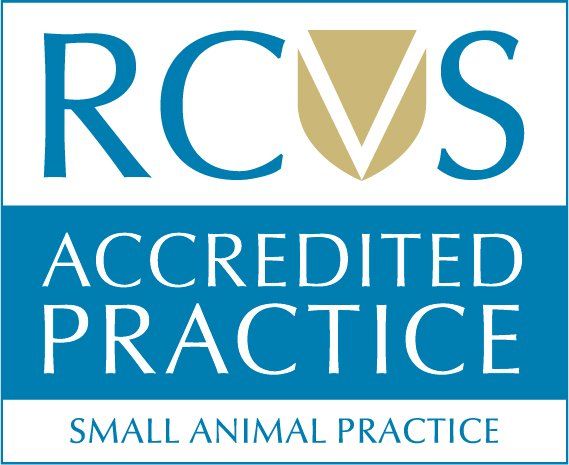Keeping Cats and Dogs joints supple and aiding comfortable movement this winter
The month of September is dedicated to raising awareness of pain in your pets. What does this mean and what can be done?
Joint problems are
very common and can even affect younger animals. General wear and
tear on the joints at a young age can result in dogs presenting with
joint pain before they are considered geriatric. Cats however are
more prone to joint pain in their older years. Joint pain can
significantly affect day to day life. See our previous blog on
‘Oesteoarthritis’ for more information.
Joint discomfort is
generally associated with getting older, and is treated as a fact of
life. However we can help your pets remain comfortable and support
them throughout their older years. Our vets will be able to assess
the level of discomfort in your pets joints in a consult and advise
you appropriately.
What would the Vets do and what would they recommend?
Firstly the Vets would discuss with you any changes you have noticed and check your pet over. Our Vets will be able to assess the joints through manipulation.
Your pet may need Non-steroidal anti-inflammatory medications, other forms of pain relief and even X-rays.
If necessary our vets will recommend Synoquin EFA a specially blended supplement to help support joints. It provides nutritional support to the joints to help facilitate the production of healthy cartilage and help aid comfortable movement.
At Jurassic vets we will only be stocking Synoquin EFA. As there are many other products on the market, we will order others in on request. Please give us 24 hours
How do you know if your pet could benefit from Synoquin EFA?
Both cats and dogs are unable to tell us if they are in pain. It is therefore our responsibility to notice any signs. Some may be obvious, but others can be very subtle.
Here’s what to look out for:
Limping
Stiffness
Reluctance to exercise normally
Difficulty getting up
Difficulty jumping up
Altered walking gait
Scuffed claws
Excessive licking of the limb or joint
Behaviour changes
Difficulty toileting
Wanting to hide
What else can be done?
Helping support joints nutritionally can be combined with exercise management, dietary changes and adjunctive methods.
For more information give the practice a call or book an appointment
with one of our vets.
JURASSIC VETS SIDMOUTH
01395 208620
contact@jurassicvets.com
12 Woolbrook Road
Sidmouth, EX10 9UU
OPENING HOURS
- Mon - Fri
- -
- Saturday
- -
- Sunday
- Closed
JURASSIC VETS COLYTON
01297 613000
contact@jurassicvets.com
Town Mill,Rosemary Lane
Colyton, EX24 6LS
OPENING HOURS
- Mon, Fri
- -
- Tue - Thu
- -
- Sat - Sun
- Closed
Jurassic Vets Limited - registered in England and Wales | Company Registration Number 12993183 | Registered Office: 12 Woolbrook Road, Sidmouth, Devon, EX10 9UU






